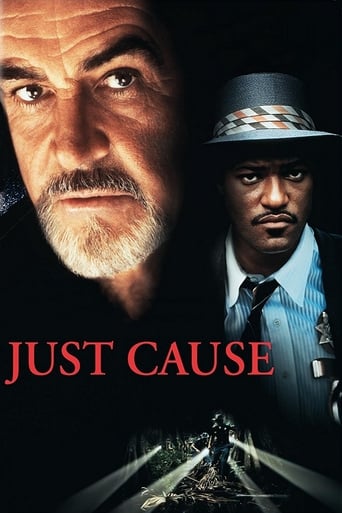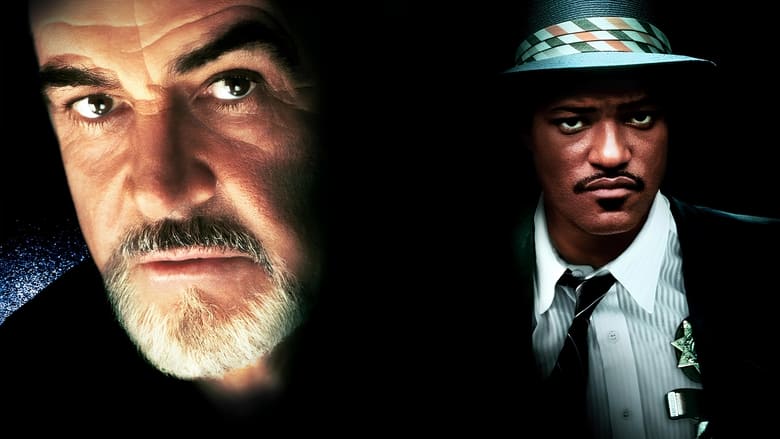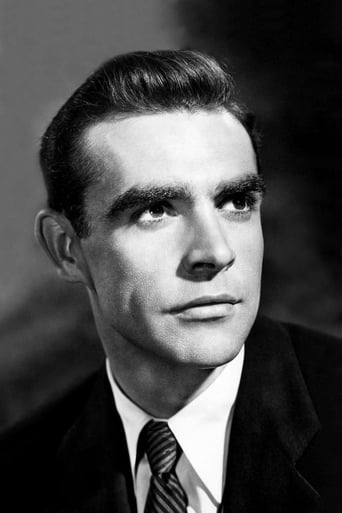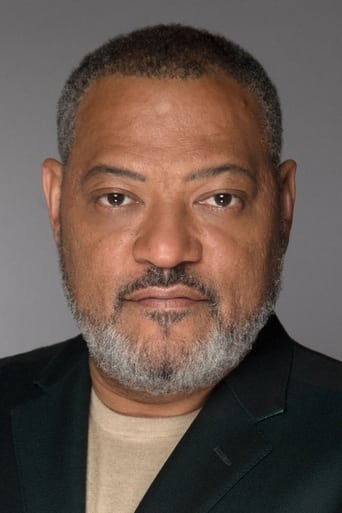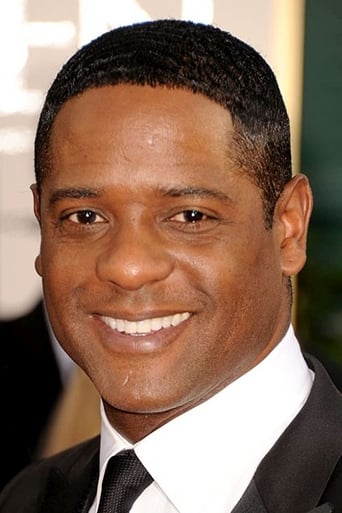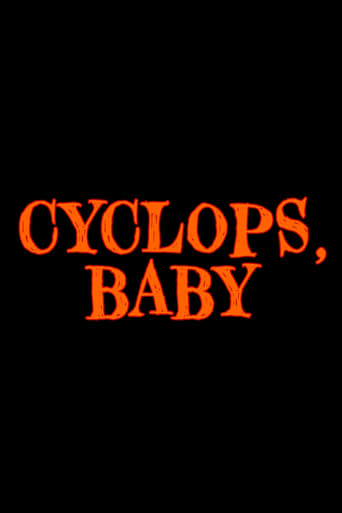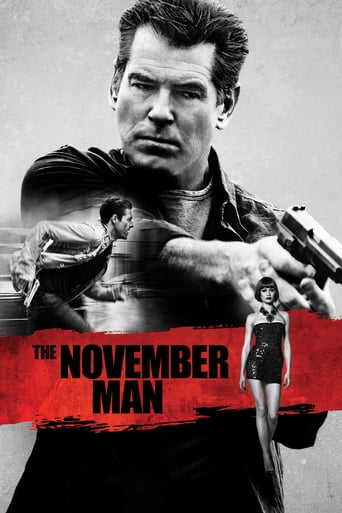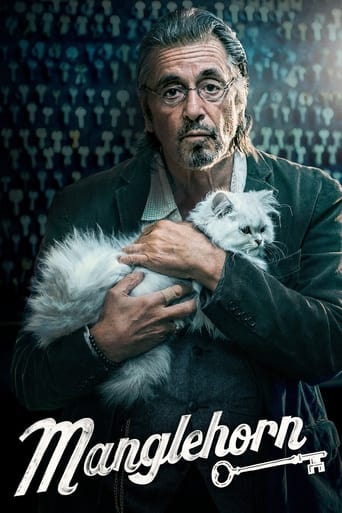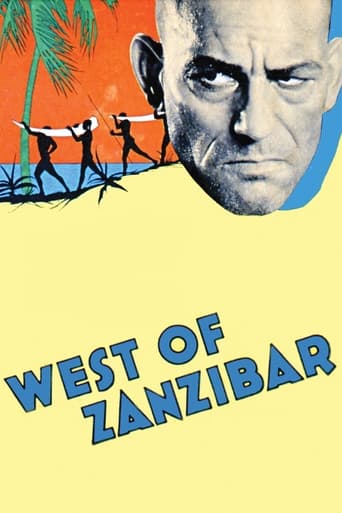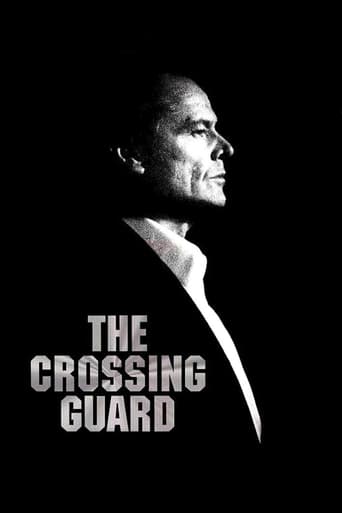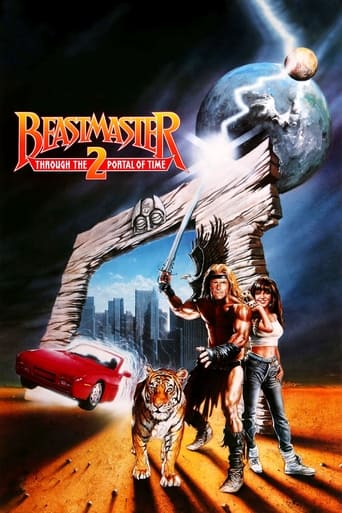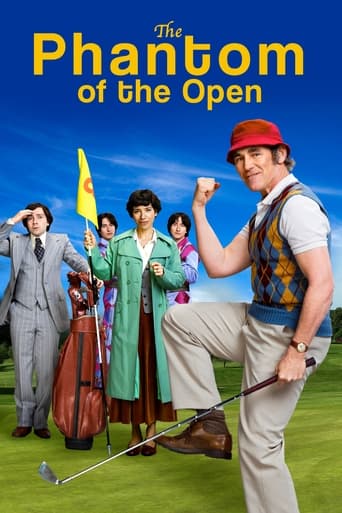Just Cause (1995)
A Harvard professor is lured back into the courtroom after twenty-five years to take the case of a young black man condemned to death for the horrific murder of a child.
Watch Trailer
Cast


Similar titles
Reviews
Today no one would dare to have a film with a black character actually being guilty. We have a cop that seems to be corrupt, but actually is just aware of things we know nothing about....and in the end political correctness causes trouble. Without saying too much its a movie well worth seeing. The reason this film is being graded down is simply white guilt liberals who hate having the truth rubbed in their face. the truth that they are out of touch elitists that know absolutely nothing. It was very predictable in the first half...just the way libtards like it. The predictable "bad cop" good innocent black guy" dynamic. Until the truth hits us in the face...you can't judge the book by its cover, and some black people know all too well how to play victim when it suits them. Spoilers; People are asking the stupidest things to try and prove this movie doesn't make sense ..like why is Bobby Earl what he is? For the same reason that ed Harris character is what he is. Why is he seeking revenge? HE was castrated due to Laurie. You don't think this is enough reason? The reason that the professor was so easy to fool? THE SAME REASON LIBERALS ARE ALWAYS EASUY TO FOOL; Because they don't want truth to interrupt their narrative of black people as victims, and white people and cops as bad guys, even though in the real world it is usually very much the opposite.
Just Cause is unapologetically conventional, especially since it produces a "factory-produced" script. But that being said, I actually sort of enjoyed the movie. When you pour a cup of Silence with the Lambs into a batter of Se7en, Just Cause is the outcome. The film is moody and tense and there is more action than I thought there would be. The film has some good lines, mainly by the great Sean Connery, who is a hallowed presence in the movie.Arne Glimcher's film is about a Harvard law professor who decides to reopen a murder case, eight years after the case closed due to a plea of innocence. The victim, in these circumstances, is a man named Bobby Earl who was found guilty of murdering an eleven-year-old girl. Earl pleads his innocence saying that he was coerced by the local police in admitting his guilt. Now the lawyer, Paul Armstrong must get to the bottom on what actually occurred.The film has a stacked cast and they each play to their strengths. Sean Connery is excellent and he makes any film watchable. Laurence Fishburne brings a formidable and rather eerie presence. Ed Harris is fantastic in his small role as a serial killer locked in prison. This film is also one of the early roles for the talented Scarlett Johannson.Overall, Just Cause is about as ordinary a thriller you can find. But I thoroughly enjoyed the film. It provides enough thrills for my liking, and there was even an unexpected twist towards the end. I also loved the location of the film, namely the Everglades. It gives the film a more creepy vibe, as we get to keep one eye towards the alligators. The script is nothing new, but I enjoyed the film nonetheless. Most likely because of the very talented cast. I rate this film 8/10.
Seems like this movie had two parts,, first, the leadup to what has happened and what we assume to be the conclusion,, second part is where all of the twists come into play,, I have to admit at first that they confused the heck out of me trying to figure it all out,, Sean Connery,, and Laurence Fishbourne star in the movie,, with small supporting roles for Daniel J Travanti and Ned Beaty.. a man is convicted and brutally beaten at a confession and sent to prison,, his grandmother meanwhile goes and sees a retired lawyer who teaches law and begs for his services to review her son's case. He does and discover's that the confession was beaten out of him. He is set free bout halfway thru the movie,, then all of the twists start taking shape,, a pretty decent movie, with lot's of action, a little slow to start,, I won't get into all of the plot twists,, you will just have to watch and see for yourself.
Paul Armstrong is a liberal, Scottish-born, professor of law at Harvard, known for his passionate opposition to the death penalty, who is hired to take on the case of Bobby Earl, a young black man from Florida who has been convicted of the rape and murder of Joanie Shriver, an eleven year old white girl. Earl claims that his confession to the crime was obtained under duress by a sadistic police officer and that the real murderer is Blair Sullivan, a serial killer already under sentence of death for several other murders. Armstrong visits Sullivan in his cell on death row, hoping to persuade him to confess to Joanie's murder, thereby saving Earl from the electric chair. At first all goes well. Sullivan confesses and Earl is released from prison when the appeal court quashes his conviction. As this development takes place only a little after halfway through the film, it is at this point that alarm bells will start ringing in the mind of the viewer. "Warning! Major plot twist ahead!" And so it proves. The anticipated twist soon materialises. Earl, it transpires, is actually guilty of the crime of which he has just been acquitted, and probably of several others as well, but hatched a diabolical plan together with Sullivan in order to secure his freedom; Sullivan will confess to Joanie's murder if Earl will murder his parents. (Just why Sullivan wanted his parents dead is never precisely explained). Armstrong now finds that he is himself in danger from the man whose life he has just saved; Earl has a grudge against Armstrong's wife, herself a lawyer, who acted as Counsel for the prosecution in an earlier case when Earl was accused of rape. "Just Cause" is an example of the auto-cannibalism in which Hollywood sometimes likes to indulge, cobbling together one film by recycling themes and plot devices from a number of others. The first half owes an obvious debt to films like "Intruder in the Dust" and "To Kill a Mockingbird"; about the only difference is that the Sheriff who beats a confession out of Bobby Earl is himself black, whereas in earlier films he would have been white. (Police brutality is now an equal opportunities activity). The central twist in the plot was borrowed from Costa-Gavras's "Music Box", although in that film the revelation does not occur until the very end. The finale, in which a lawyer, his wife and their young daughter are in danger from a former client, is an obvious plagiarism of the two versions of "Cape Fear", which also take place in the swamplands of the American South. Ed Harris' characterisation of Sullivan as a Bible-quoting religious maniac is a direct imitation of Robert de Niro's character in the Scorsese version of "Cape Fear", made four years before "Just Cause". (There is a postscript. Just as "Just Cause" borrowed heavily from several other movies, seven years later its central plot twist was, in its turn, to be blatantly plagiarised in the Ashley Judd vehicle "High Crimes"). The trouble with this style of film-making-by-numbers is that the resulting films are generally much less distinguished than those which inspired them. The whole is normally very much less than the sum of the parts, and "Just Cause" is a much lesser film than any of those which were cannibalised to make it. Harris is normally a gifted actor but this is one of his weakest performances, largely because he is not so much playing a character as playing de Niro playing Max Cady. Blair Underwood is OK as Bobby Earl the (supposedly) innocent young man of the early scenes, but unconvincing as Bobby Earl the murderous psychopath of the later ones. Sean Connery as Armstrong and Laurence Fishburne as the black Sheriff are rather better, but neither is good enough to save the film. (Connery and Harris were to act together in another, better, film, "The Rock", the following year). There is another problem with "Just Cause". The first half of the film looks like a standard liberal "issue" movie, anti-death penalty, anti-racist and critical of heavy-handed policing. The second half looks more like the work of a die-hard reactionary, preaching the message that all criminals are evil bastards, that the only way to deal with them is to fry them in the chair, that liberal lawyers are the useful idiots of the criminal fraternity and that police officers who beat up suspects are to be commended as heroes. The filmmakers seem to have been blissfully unaware that the plot twist casually introduced into the middle of their film had the (presumably unwanted) effect of reversing its political stance, or if they were aware of the problem they ignored it. A suitably convoluted plot was obviously thought to be more important than political consistency. 4/10

